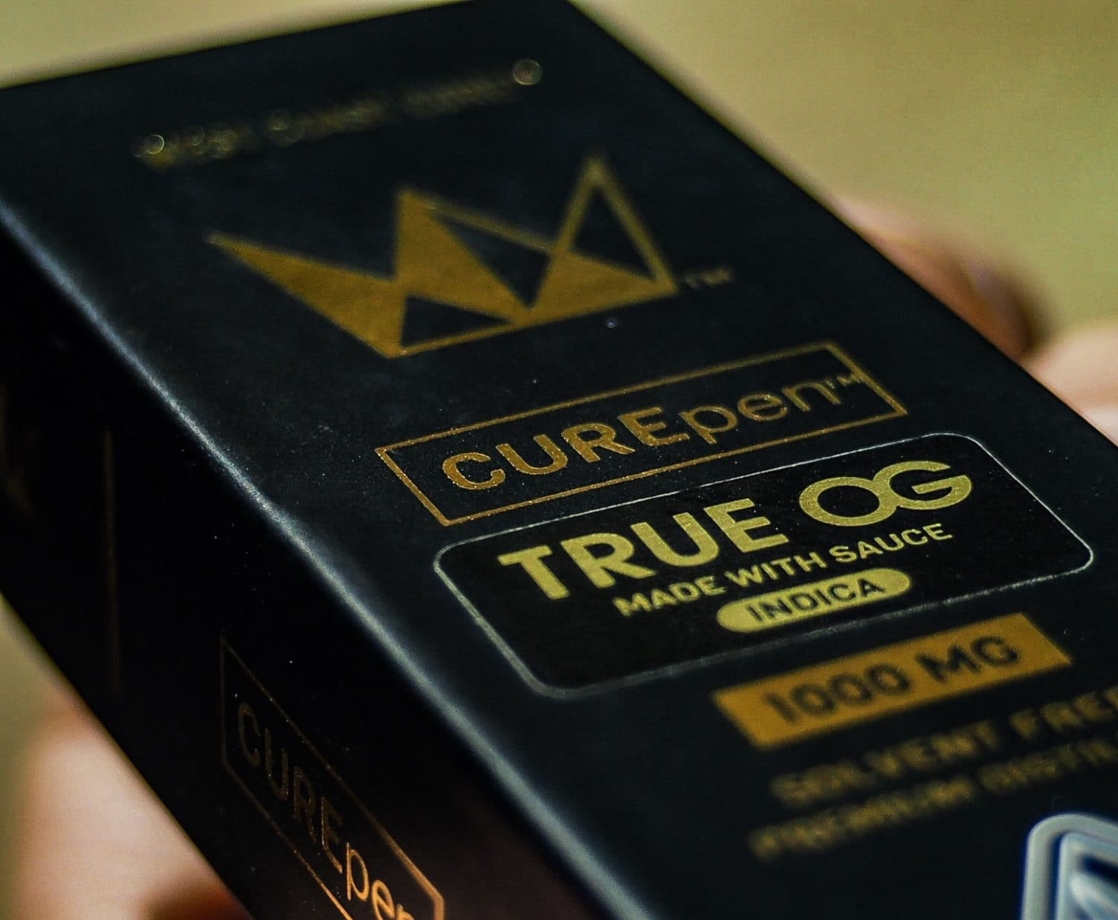Lead image via
A Colorado credit union has taken the Federal Reserve Bank of Kansas City to court over the right to handle the finances of cannabis advocacy groups. The Federal Reserve Bank refused the Fourth Corner Credit Union a master account because federal law prevents banks from handling funds associated with a federally-prohibited drug. The credit union sued over this decision, arguing that they only wished to serve cannabis advocacy groups, who were not directly handling funds associated with cannabis production or sales.
Fourth Corner has been fighting for its right to serve pro-cannabis organizations since November of 2014, when it received a state charter to serve state-legal recreational canna-businesses in Colorado. The business was denied a master account by the Federal Reserve over its decision to serve the cannabis industry. This master account is necessary for any bank in the country, as it gives the bank access to the nation's banking system.
The credit union changed its business plan, announcing that it would only serve cannabis advocacy groups, and therefore would not be illegally handling funds directly related to the plant. Regardless, the Federal Reserve still refused to grant the master account. Fourth Corner sued for their right to the account, and after years of legal wrangling, the 10th U.S. Circuit Court of Appeals ruled in June that the bank should be granted the account. Fourth Corner still does not have their master account, though.
At the end of September, the credit union filed a civil complaint in the U.S. District Court in Denver, arguing that federal law "unambiguously creates a non-discretionary statutory obligation" that requires the Federal Reserve to issue a master account to all depository institutions. The suit alleges that the Federal Reserve Bank "invoked an illegal discriminatory procedure" by requesting information from them that they were not entitled to ask for. The complaint asks the judge to render a declaratory judgment against the Federal Reserve Bank and grant an injunction that would force the institution to grant the master account immediately.
Meanwhile, Hawaii is making progress in canna-banking by becoming the first state to allow cash-free cannabis transactions. All eight of the state's licensed dispensaries are now using a mobile payment app called CanPay, which is also available in Colorado and five other states. The Hawaiian dispensaries have set up accounts with the Safe Harbor Private Banking credit union, one of the first such institutions to support canna-businesses. These dispensaries are also working towards creating prepaid cards for those who don't have smartphones or checking accounts.











